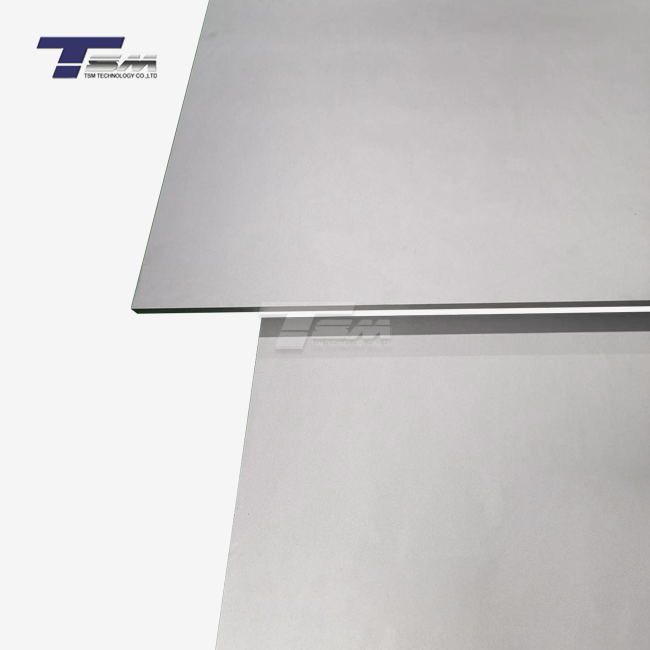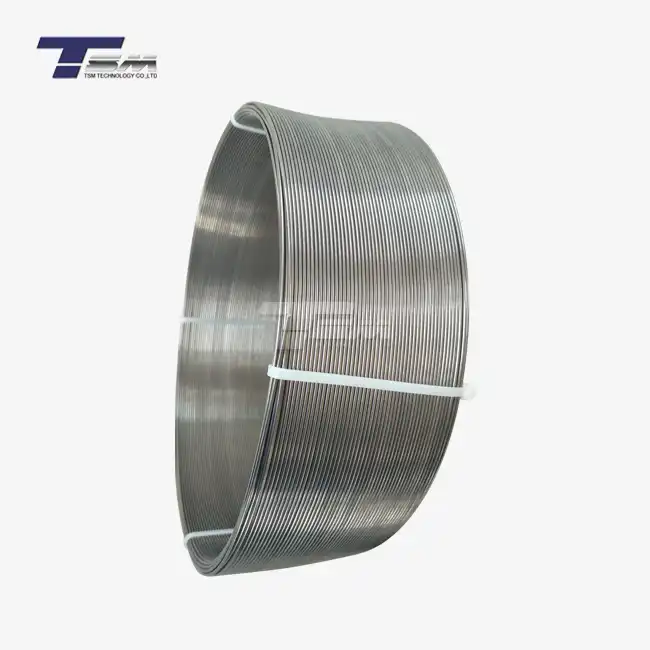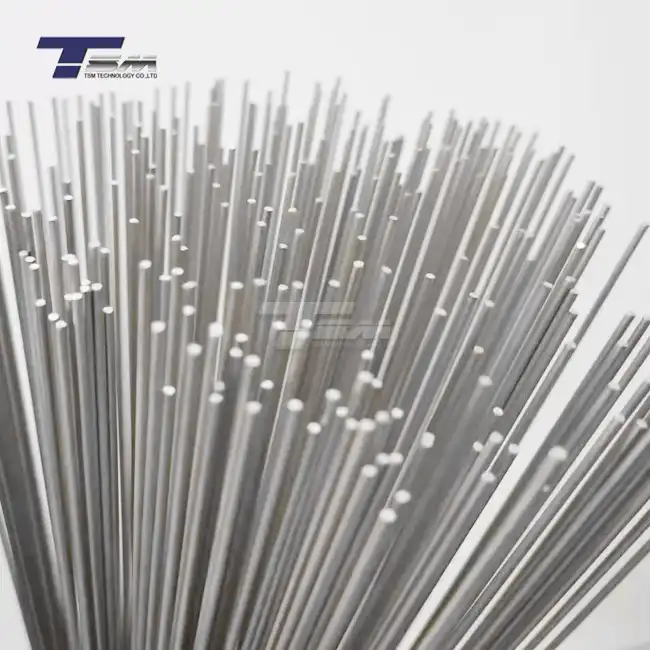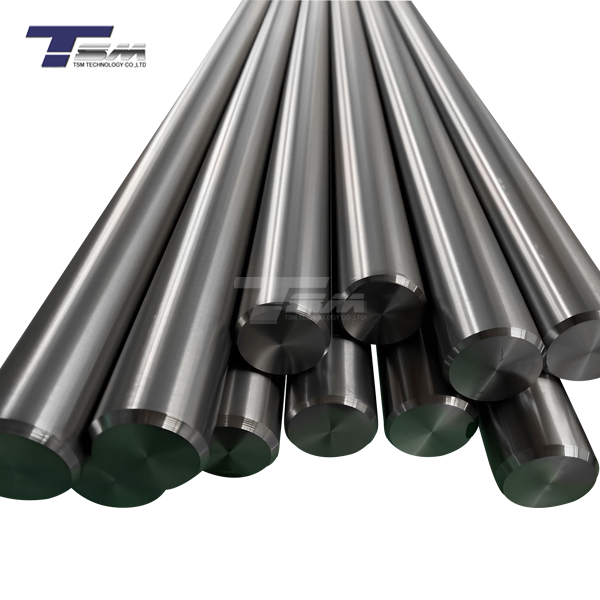- English
- French
- German
- Portuguese
- Spanish
- Russian
- Japanese
- Korean
- Arabic
- Greek
- German
- Turkish
- Italian
- Danish
- Romanian
- Indonesian
- Czech
- Afrikaans
- Swedish
- Polish
- Basque
- Catalan
- Esperanto
- Hindi
- Lao
- Albanian
- Amharic
- Armenian
- Azerbaijani
- Belarusian
- Bengali
- Bosnian
- Bulgarian
- Cebuano
- Chichewa
- Corsican
- Croatian
- Dutch
- Estonian
- Filipino
- Finnish
- Frisian
- Galician
- Georgian
- Gujarati
- Haitian
- Hausa
- Hawaiian
- Hebrew
- Hmong
- Hungarian
- Icelandic
- Igbo
- Javanese
- Kannada
- Kazakh
- Khmer
- Kurdish
- Kyrgyz
- Latin
- Latvian
- Lithuanian
- Luxembou..
- Macedonian
- Malagasy
- Malay
- Malayalam
- Maltese
- Maori
- Marathi
- Mongolian
- Burmese
- Nepali
- Norwegian
- Pashto
- Persian
- Punjabi
- Serbian
- Sesotho
- Sinhala
- Slovak
- Slovenian
- Somali
- Samoan
- Scots Gaelic
- Shona
- Sindhi
- Sundanese
- Swahili
- Tajik
- Tamil
- Telugu
- Thai
- Ukrainian
- Urdu
- Uzbek
- Vietnamese
- Welsh
- Xhosa
- Yiddish
- Yoruba
- Zulu
Inconel 718 Sheet: Test Standards for Corrosion and Fatigue Resistance
Inconel 718 sheet, a high-performance nickel-based superalloy, is renowned for its exceptional corrosion resistance and superior mechanical properties at elevated temperatures. To ensure the reliability and performance of Inconel 718 plate in demanding applications, rigorous testing standards are employed to evaluate its corrosion and fatigue resistance. These standardized tests provide crucial data on the material's behavior under various environmental conditions and stress levels, enabling engineers and manufacturers to make informed decisions about its suitability for specific applications in aerospace, chemical processing, and other industries requiring high-performance materials.
Corrosion Testing Standards for Inconel 718 Sheet
ASTM G28: Intergranular Corrosion Testing
ASTM G28 is a widely recognized standard for evaluating the susceptibility of Inconel 718 sheet to intergranular corrosion. This test method involves exposing the material to a boiling ferric sulfate-sulfuric acid solution for a specified duration. The weight loss and microstructural examination of the samples provide valuable insights into the alloy's resistance to grain boundary attack, which is critical for maintaining structural integrity in corrosive environments.

ASTM B117: Salt Spray (Fog) Testing
The ASTM B117 salt spray test is essential for assessing the corrosion resistance of Inconel 718 plate in marine and coastal environments. This test subjects the material to a continuous salt fog atmosphere, simulating long-term exposure to saltwater and humid conditions. The duration of exposure and subsequent evaluation of surface degradation help determine the alloy's performance in applications where chloride-induced corrosion is a concern.
NACE TM0177: Sulfide Stress Cracking Resistance
For applications in the oil and gas industry, where exposure to hydrogen sulfide is common, the NACE TM0177 standard is crucial. This test evaluates the resistance of Inconel 718 sheet to sulfide stress cracking, a form of environmentally assisted cracking. The test involves exposing stressed specimens to a sour environment containing hydrogen sulfide, providing valuable data on the material's suitability for use in offshore platforms and refineries.
Fatigue Resistance Testing for Inconel 718 Plate
ASTM E466: Axial Force-Controlled Fatigue Testing
ASTM E466 is a standard test method for conducting force-controlled fatigue tests of metallic materials. For Inconel 718 plate, this test is particularly important in assessing its performance under cyclic loading conditions. The test involves subjecting specimens to alternating tensile and compressive loads at various stress levels and frequencies. The resulting S-N curves (stress vs. number of cycles to failure) provide crucial information on the material's fatigue life and endurance limit.
ASTM E647: Fatigue Crack Growth Rate Testing
The ASTM E647 standard focuses on determining the fatigue crack growth rates in metallic materials. For Inconel 718 sheet applications where crack propagation is a concern, this test method is invaluable. It involves precracking a specimen and then subjecting it to cyclic loading while monitoring crack growth. The resulting da/dN vs. ΔK curves (crack growth rate vs. stress intensity factor range) offer insights into the material's resistance to fatigue crack propagation, which is crucial for predicting component lifetimes and establishing inspection intervals.
ASTM E606: Strain-Controlled Fatigue Testing
ASTM E606 provides guidelines for conducting strain-controlled fatigue tests, which are particularly relevant for Inconel 718 plate applications involving thermal cycling or high-temperature service. This test method involves subjecting specimens to controlled cyclic strain amplitudes and measuring the resulting stress response. The data obtained from these tests, including cyclic stress-strain curves and strain-life relationships, are essential for understanding the material's behavior under conditions where thermal expansion and contraction play a significant role.
Advanced Testing Techniques for Comprehensive Evaluation
Electrochemical Impedance Spectroscopy (EIS)
Electrochemical Impedance Spectroscopy is an advanced technique used to evaluate the corrosion behavior of Inconel 718 sheet in various electrolytes. This non-destructive method provides detailed information about the electrochemical processes occurring at the material-electrolyte interface. By analyzing the impedance response over a range of frequencies, researchers can gain insights into the formation and stability of protective oxide films, which are crucial for the alloy's corrosion resistance.
Thermomechanical Fatigue (TMF) Testing
Thermomechanical fatigue testing is essential for evaluating the performance of Inconel 718 plate under combined thermal and mechanical loading conditions. This test simulates the complex stress states experienced by components in gas turbines and other high-temperature applications. By subjecting specimens to synchronized temperature and strain cycles, TMF tests provide valuable data on the material's resistance to creep-fatigue interactions and thermal-mechanical fatigue damage.
Scanning Kelvin Probe Force Microscopy (SKPFM)
Scanning Kelvin Probe Force Microscopy is a cutting-edge technique used to investigate the local corrosion behavior of Inconel 718 sheet at the microscopic level. This method allows for the mapping of surface potential variations, which can indicate areas of preferential corrosion initiation. By correlating these maps with microstructural features, researchers can gain a deeper understanding of the relationship between alloy composition, microstructure, and corrosion resistance, leading to improvements in material design and processing.
Conclusion
The comprehensive suite of test standards and advanced techniques employed for evaluating the corrosion and fatigue resistance of Inconel 718 sheet and plate ensures its reliability in critical applications. From standardized corrosion tests to sophisticated fatigue assessment methods, these evaluations provide a robust framework for characterizing the material's performance under diverse conditions. By leveraging these test standards and emerging techniques, manufacturers and end-users can confidently select and implement Inconel 718 in demanding environments, ensuring optimal performance and longevity in aerospace, chemical processing, and energy sectors.
Contact Us
For more information about our high-quality Inconel 718 sheet and plate products, or to discuss your specific material requirements, please contact TSM TECHNOLOGY at info@tsmnialloy.com. Our team of experts is ready to assist you in selecting the right materials for your challenging applications.
References
ASTM International. (2021). "Standard Test Methods for Detecting Susceptibility to Intergranular Attack in Wrought, Nickel-Rich, Chromium-Bearing Alloys." ASTM G28-02.
NACE International. (2016). "Laboratory Testing of Metals for Resistance to Sulfide Stress Cracking and Stress Corrosion Cracking in H2S Environments." NACE TM0177-2016.
ASTM International. (2015). "Standard Practice for Conducting Force Controlled Constant Amplitude Axial Fatigue Tests of Metallic Materials." ASTM E466-15.
ASTM International. (2015). "Standard Test Method for Measurement of Fatigue Crack Growth Rates." ASTM E647-15e1.
Pedraza, D. F., et al. (2018). "Corrosion behavior of Inconel 718 in molten fluoride salts." Journal of Nuclear Materials, 503, 192-202.
Krupp, U., et al. (2017). "Thermomechanical fatigue of Inconel 718 under uniaxial and multiaxial loading conditions." International Journal of Fatigue, 95, 132-142.
Learn about our latest products and discounts through SMS or email



